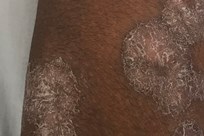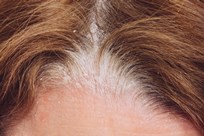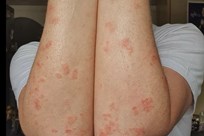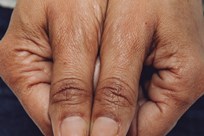Information & Support
- COVID-19 Information
- About Psoriasis
- Types of Psoriasis
- Living with Psoriasis
- Treatments for Psoriasis
- Children and Psoriasis
- Pregnancy and Psoriasis
- Psoriasis FAQs
- About Psoriatic Arthritis
- Treatments for Psoriatic Arthritis
- Leaflets & information sheets
- Unavailable Treatments
- Helpline
- Peer to peer support
- Good Quality Information
- Video Resources



